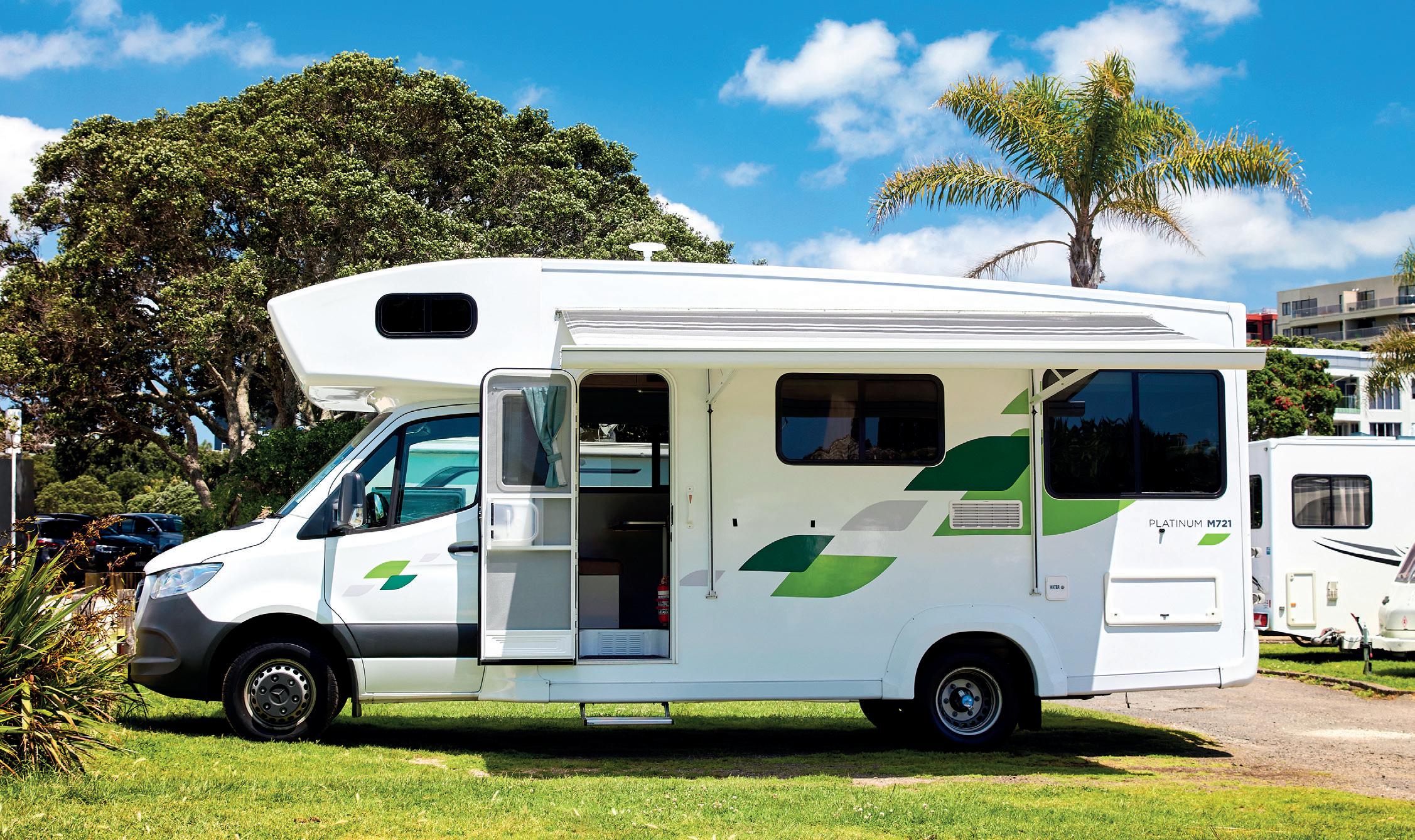Thinking about getting an RV? Exciting times are coming your way! But before you start your RV trip, there are a few important things to know about what you shouldn’t do. Making the right choices at the beginning can save you from problems later on and make sure your RV adventure goes smoothly. Here, we’ll review the important things you should avoid when buying an RV.
These are the common mistakes that many people who are buying an RV for the first time make. So, if you’re ready to start learning from what other people did wrong, you can feel sure about looking for an RV and choosing one that will make you happy for a long time.
1. Think Before You Buy
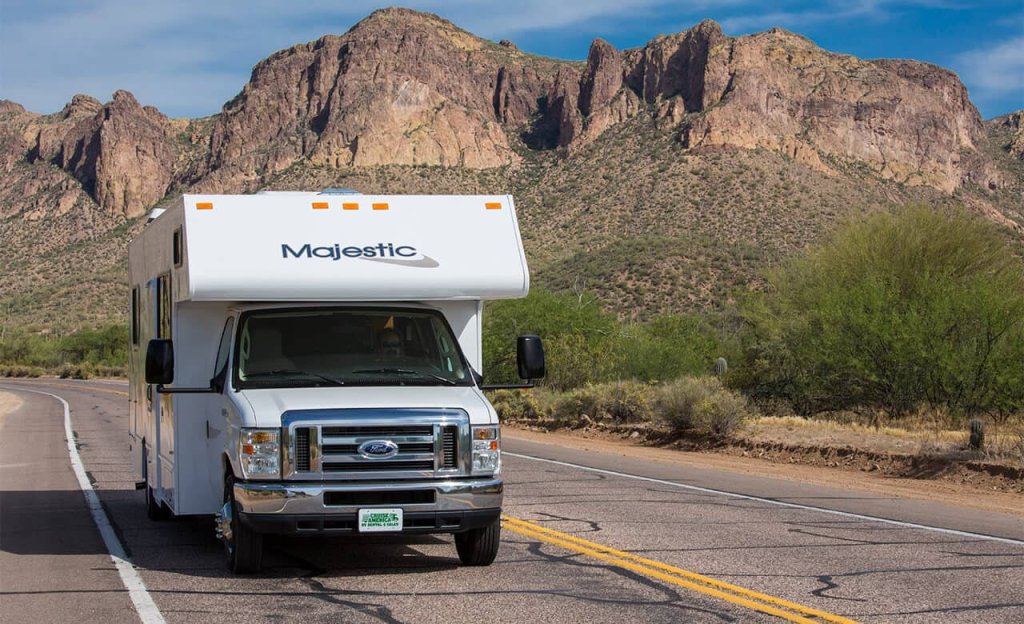
Purchasing an RV without careful thought can be a major mistake. While the idea of a road trip is best, making a quick decision can result in future problems. To sidestep this, it is a fine time to research and contrast various RV models. Read up on reviews shared by fellow RV enthusiasts to gain knowledge from their journeys—factor in your specific requirements and budget. Remember, acting quickly could lead to ending up with an RV that’s either too big or unsuitable for your travel preferences. These RV interior paint ideas are best for you.
2. Purchasing the Wrong Size
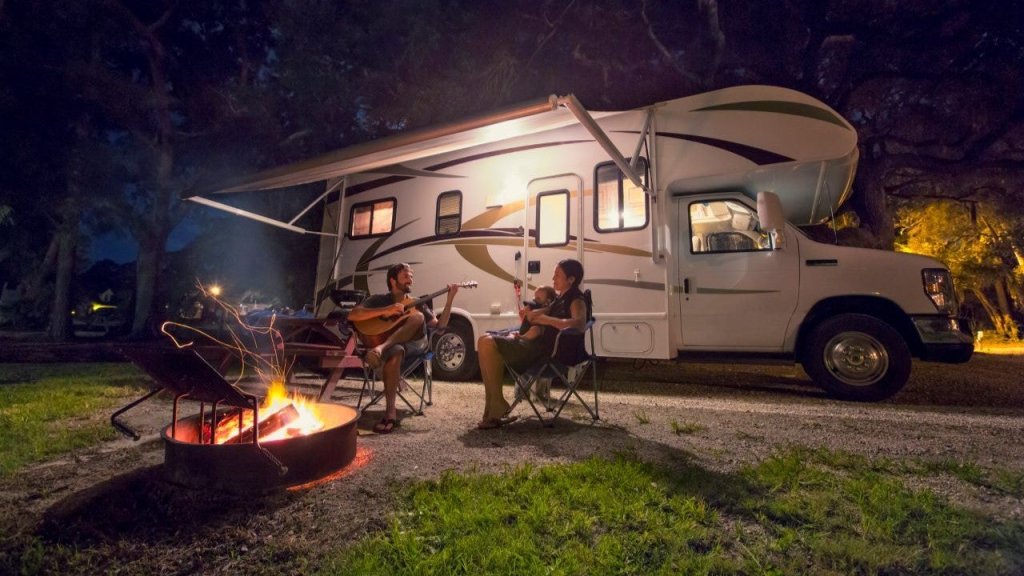
RV size is important. If it’s too small, you might feel crowded. If it’s too big, it can be hard to drive. Think about how many people are traveling with you and what things you need. Class A motorhomes have lots of space but can be tough to drive. Class C RVs are easier. Fifth wheels and travel trailers come in different sizes, so that you can choose. Look at the beds, kitchen, bathroom, and storage in the RV. Also, think about where you’ll park it, either at home or at a campground. Choosing the right size makes your trips comfortable.
3. Not Learning to Drive an RV
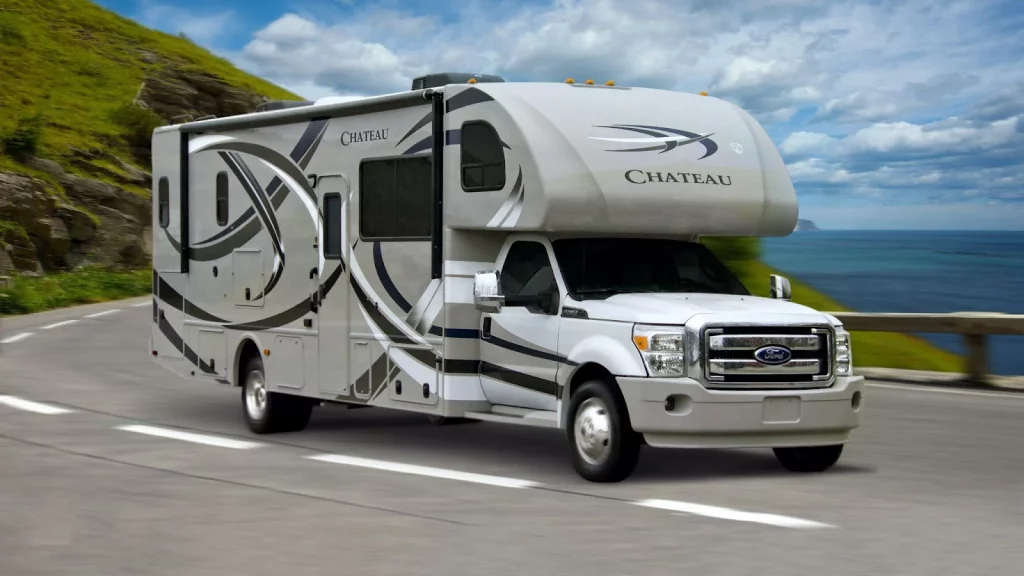
Driving an RV is unlike drifting a regular car. If you’re new to RV driving, take time to learn. Practice in an empty parking lot to get used to the size and handling. Watch videos or even take a driving course if needed. Backing up and turning can be tricky, so be patient. Understanding your RV’s dimensions is vital to avoid accidents and get through tight spots. Proper driving skills and toolsets make your trips safer and more enjoyable.
4. Not Checking Weight Restrictions
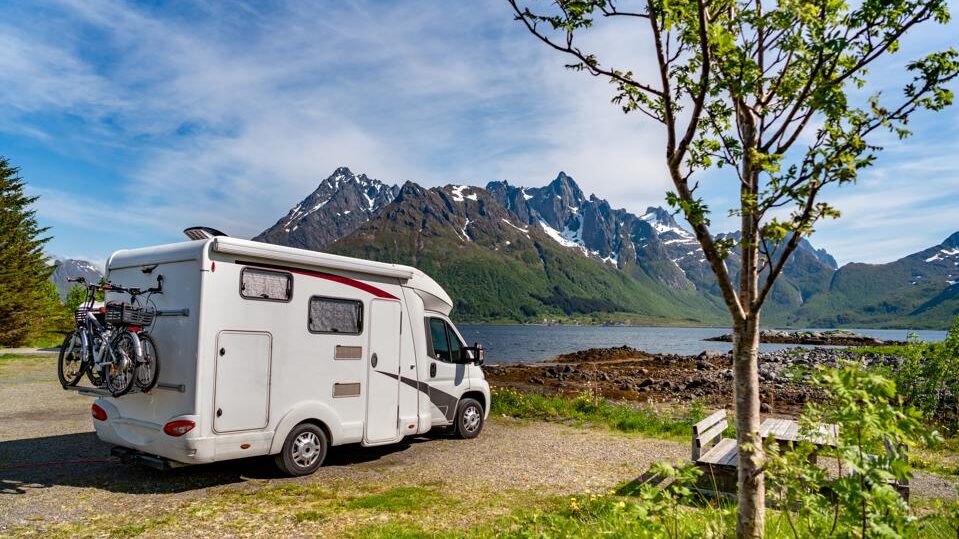
When you’re buying an RV, it’s really important to pay attention to how much it weighs. RVs, like all vehicles, can only handle a certain amount of weight; use a weightage machine for that. This is to keep you safe while driving and to stop the RV from getting too worn out. If you ignore these limits, your RV might be too heavy for your engine, brakes, and how it’s built. This could mean you must pay a lot of money to fix it, which might not be as safe. To avoid all this trouble, check how much weight the RV maker recommends and ensure it’s not more than your vehicle can handle. This easy thing to do can stop you from having lots of problems and spending money you didn’t plan on.
5. Ruling Out Used RVs
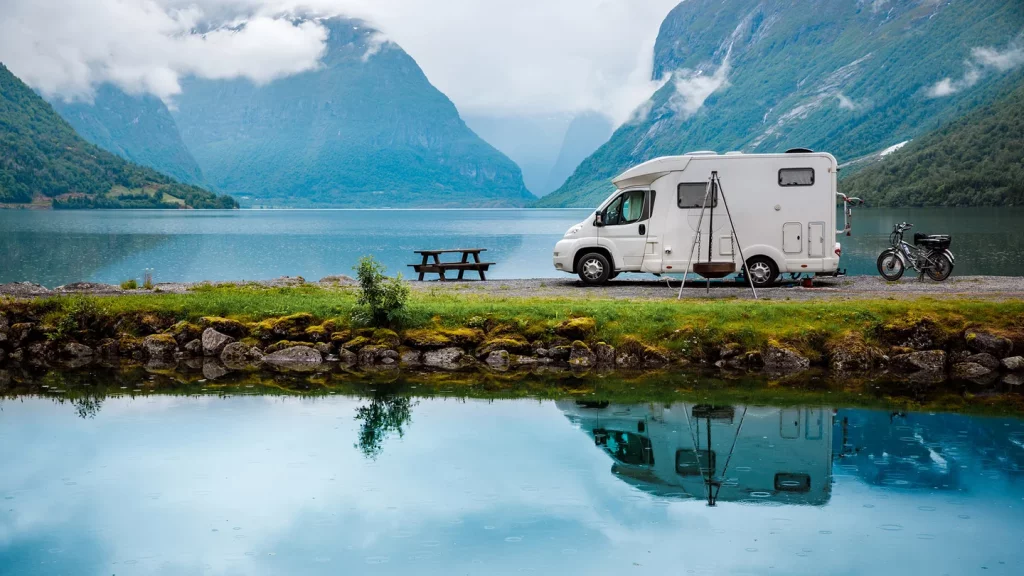
Don’t quickly ignore the idea of getting a used RV. Even though new RVs might seem nice, used ones can be really good, too. First, they often cost less; used RVs are usually cheaper than brand-new ones. Also, a lot of the early drop in value already happened with a used RV, so you don’t lose as much value. Of course, you need to really check a used RV to make sure it isn’t too worn out or broken. Look into its past, check its repairs, and consider having a pro look at it. If you say no to used RVs immediately, you could miss a great deal and the chance to have awesome trips without spending too much.
6. Getting the Wrong Insurance
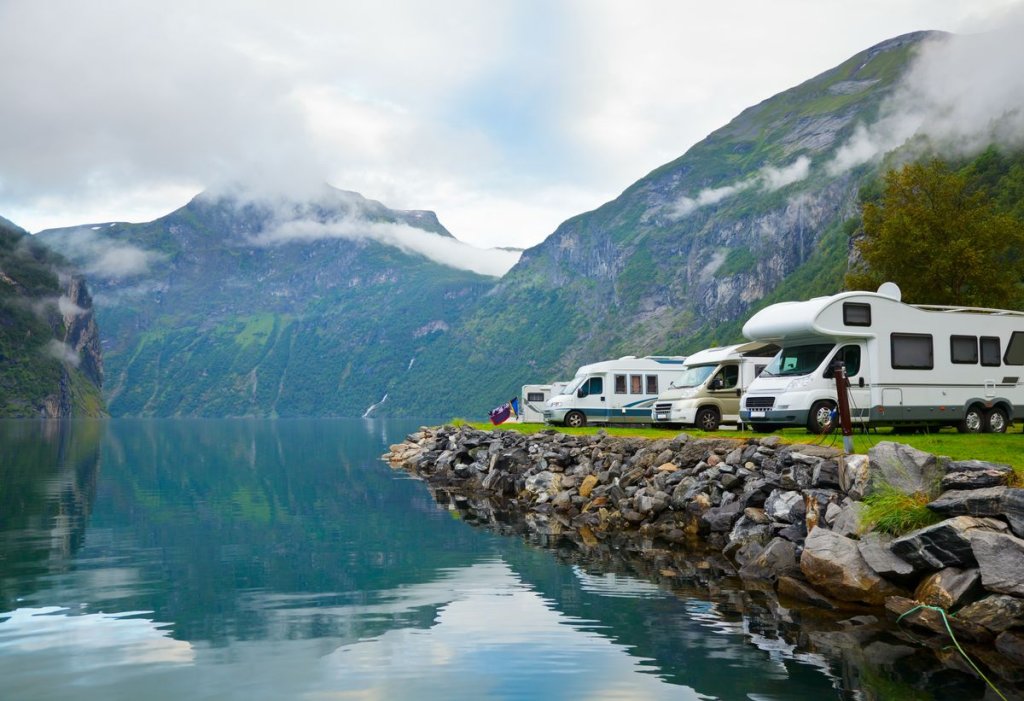
When you buy an RV, it’s really important to pick the right insurance. One mistake that often happens is rushing into an insurance plan without thinking about it enough. To avoid this mistake, spend time understanding the different coverage choices. Make sure the plan matches your type of RV and how you use it. There are special plans for people who live in their RVs all the time compared to those who use them occasionally. Also, check if the insurance properly pays for your stuff and if it covers accidents you might cause. And don’t forget about extra things you can add, like coverage for unexpected expenses or accidents during vacations.
Conclusion
When purchasing an RV, keep these important points in mind to prevent future issues. Firstly, take your time to research and compare different options rather than rushing into a decision. Make sure to inspect both the interior and exterior for any problems thoroughly. Stick to your budget by considering both the initial cost and ongoing expenses. Ensure that the layout suits your living and travel needs.
Carefully review all documents and warranties. And don’t hesitate to ask questions and clear up any doubts before finalizing your decision. By avoiding these mistakes, you’ll increase the likelihood of enjoying a joyful RV.

